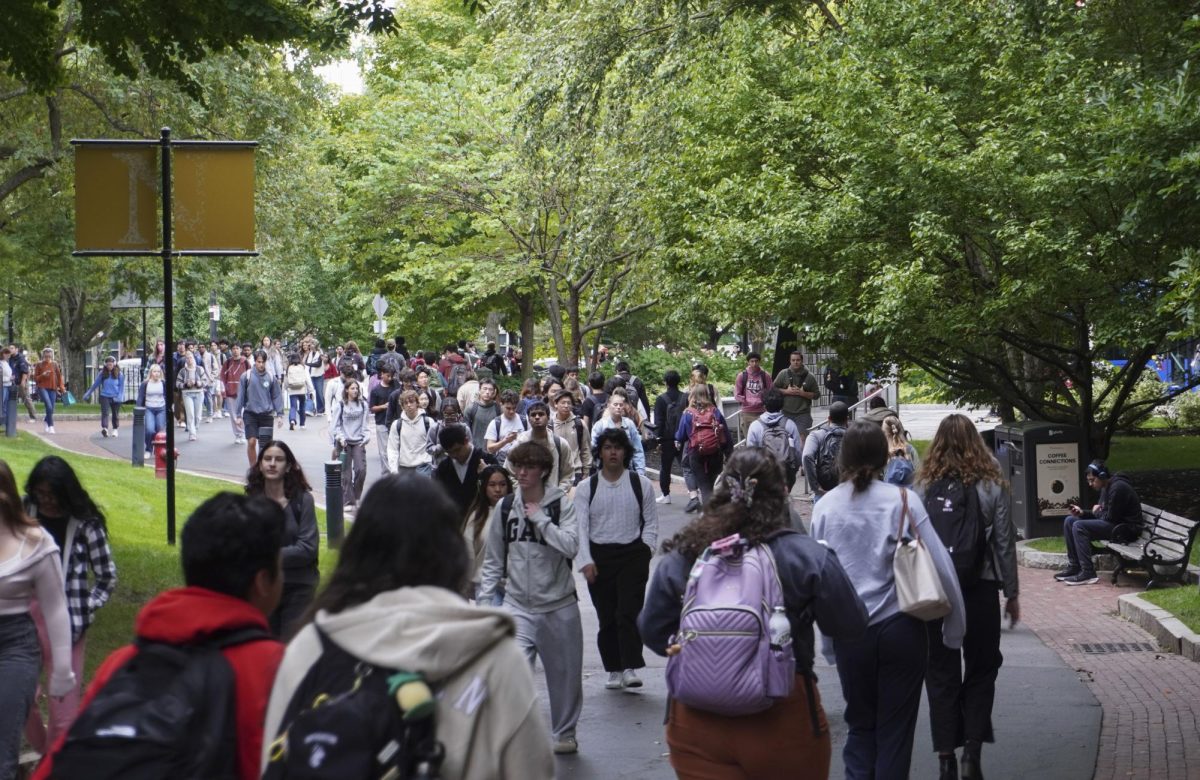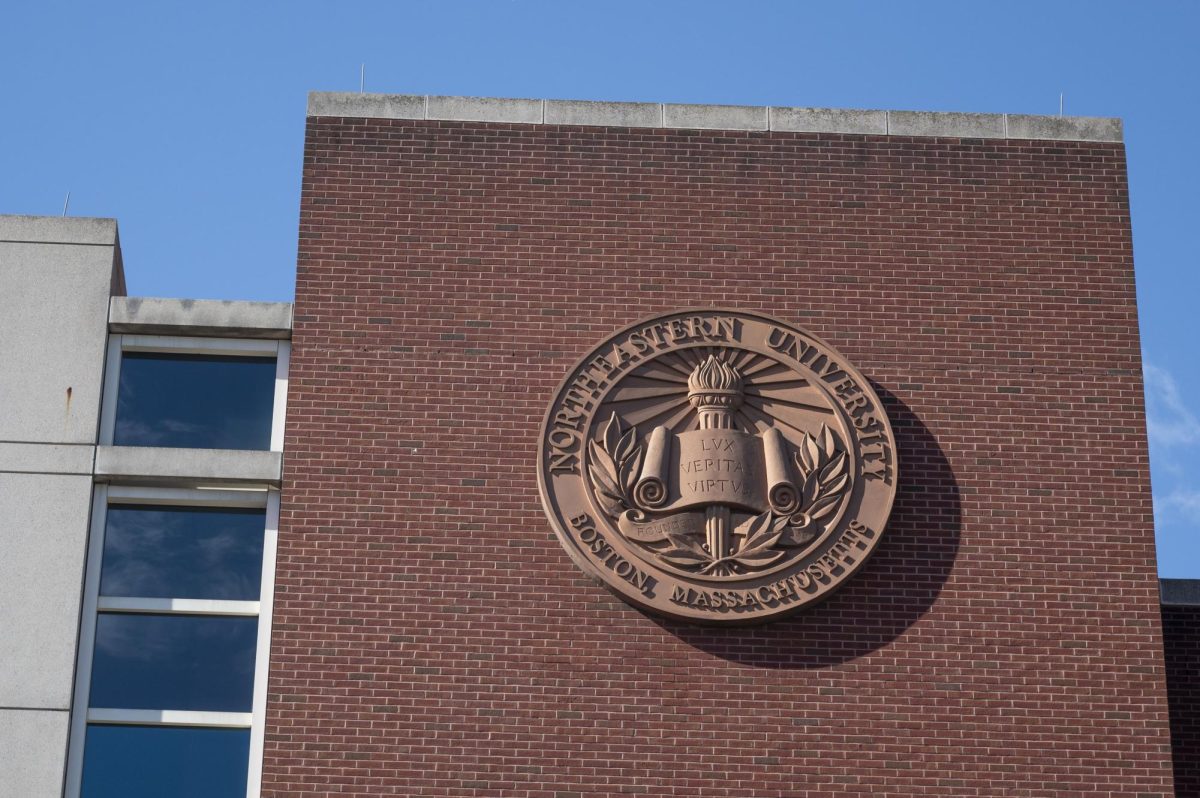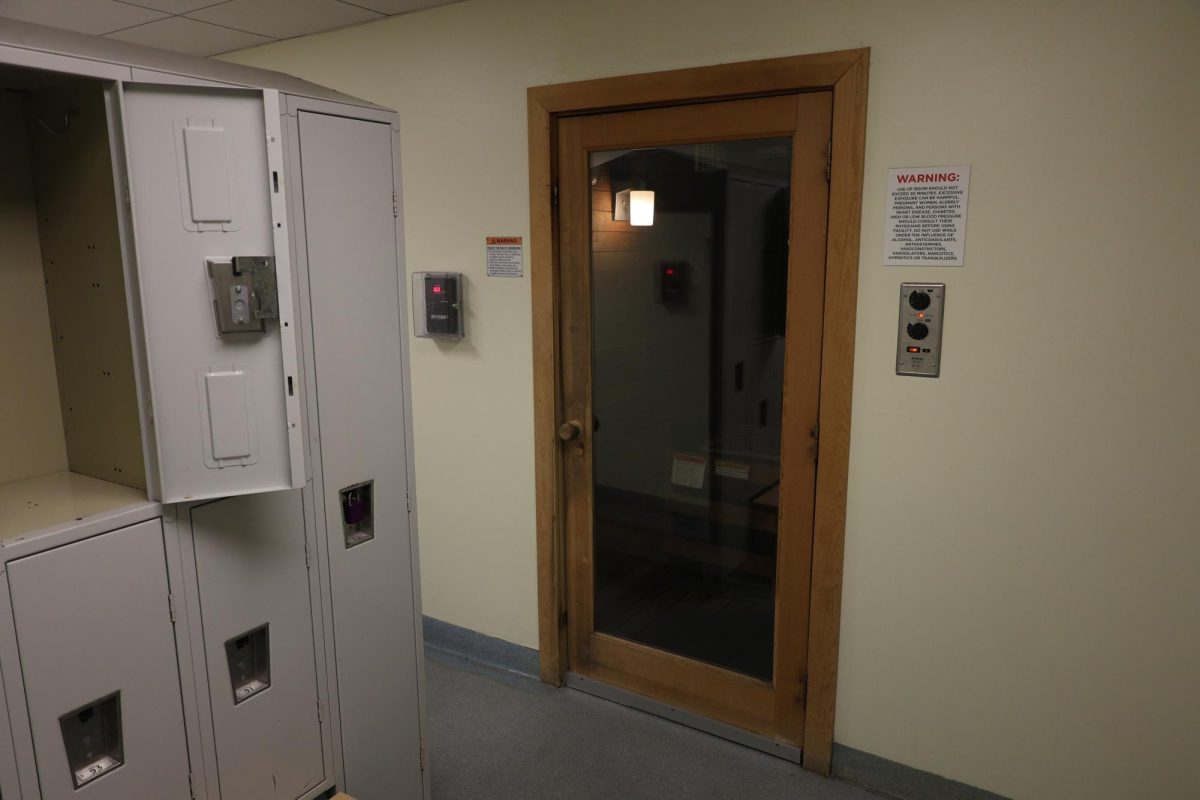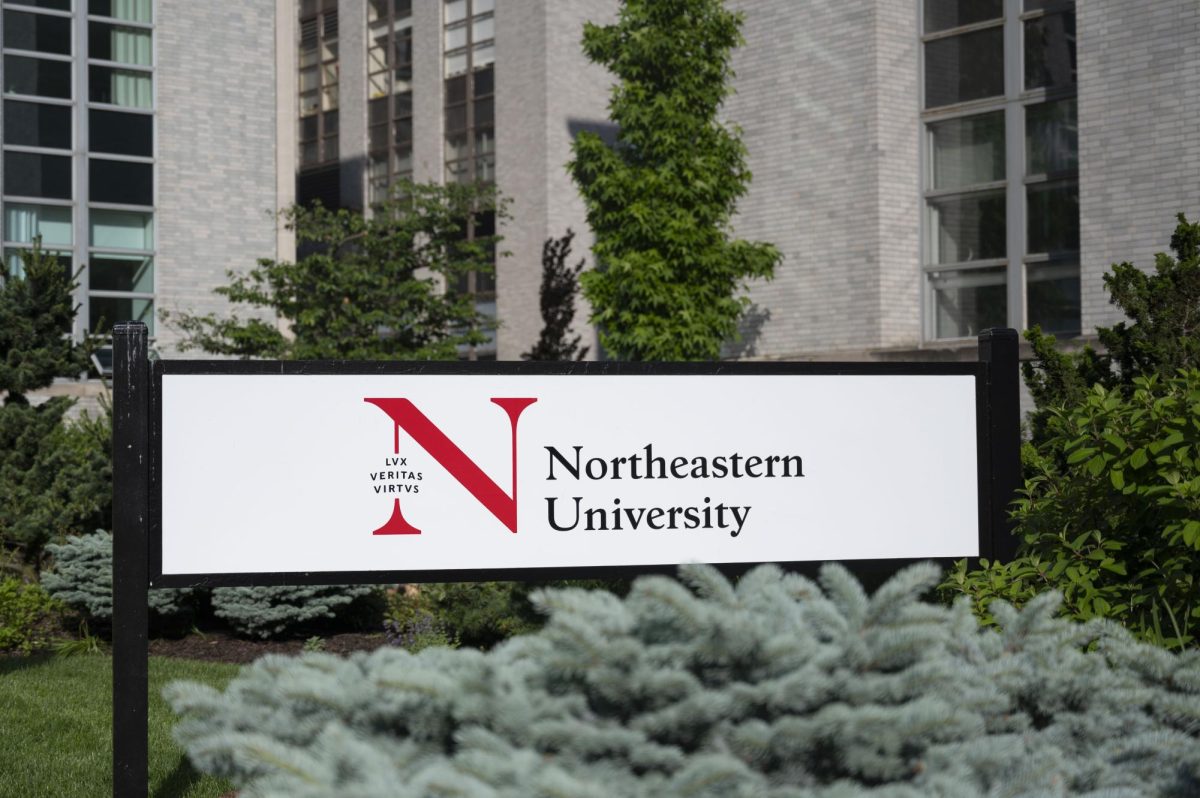The downloading service which began at Northeastern may soon be making a full circle return back to campus.
Universities around the country have caught on to a new program which allows students to download unlimited songs through Napster, free of charge.
Schools such as Cornell, Tufts, George Washington, Vanderbilt and the University of Rochester have taken advantage of Napster’s program, offering students who live on campus free access to one of the most popular music downloading sites simply by having a university user name and password.
Michael Benson, the Student Government Association’s president-elect, said the program is appealing to colleges because it eliminates the possibility of students being prosecuted for illegally downloading music or movies.
“It would provide students [a way to] download music legally so there would be no potential problems for Record Industry Association of America lawsuits,” Benson said. “I actually think it would be a very good idea.”
Benson added that the program is definitely something SGA will look into during the upcoming year.
Due to the convenience of the program, several students said they think it would become popular on Northeastern’s campus if implemented, despite having to pay to transfer songs to an MP3 player.
“As long as it was free or even if prices were low, if it was easy access I don’t see why it wouldn’t [catch on],” said Vince Rinaldi, a middler finance major.
The program, which began in 2003, works by offering students tethered downloads, or essentially, rented songs. Students may download as many songs as they wish to their computer for free, but if they want to burn the songs or transfer them to an MP3 player or iPod, they must pay $.99 per request. Students have access to the songs on their PC as long as they reside on campus.
For students just looking to listen to music on their computer, this program is cheaper than the $9.95 per month fee they would be required to pay had they signed up for Napster on their own.
Napster’s famed launch of free peer-to-peer downloading began in a Northeastern dorm room when former student Shawn Fanning created the Web site in January 1999. The original version of the site allowed free downloading of songs which formerly had to be bought on CDs in music stores or heard on the radio. Within a year the Recording Industry Association of America (RIAA) had caught on, and began filing lawsuits against specific people who were illegally downloading free music onto their computer.
The relative anonymity of illegally downloading, however, causes little worry in some students when it comes to the possibility of lawsuits.
“Oh yeah, [I’ve downloaded illegally], and I wasn’t too concerned about it,” said Peter McKenzie, a middler engineering major. He added that he doesn’t think the university would feel pressured to buy into such a program to prevent students on campus from illegally downloading.
“I don’t see why they’d care, unless the RIAA was threatening to sue the university,” he said.
In 2003, Napster reemerged under different leadership as a legitimate music downloading business, cooperating with artists and the RIAA and charging for a monthly subscription fee. However, now it not only competes with the likes of other fee-based downloading services such as Apple’s iTunes, it also must go up against sites which continue to allow free downloading, such as KaZaa, Bearshare and i2hub.
However, McKenzie said he doubts students who use free downloading sites now would stop, even if Napster did appear for free on campus, especially due to the speed and convenience of the popular file sharing site Direct Connect.
“If you’re on the NU [Direct Connect] network, you can download entire albums in a couple of seconds, and that’s a lot faster than you could on Napster,” he said.









